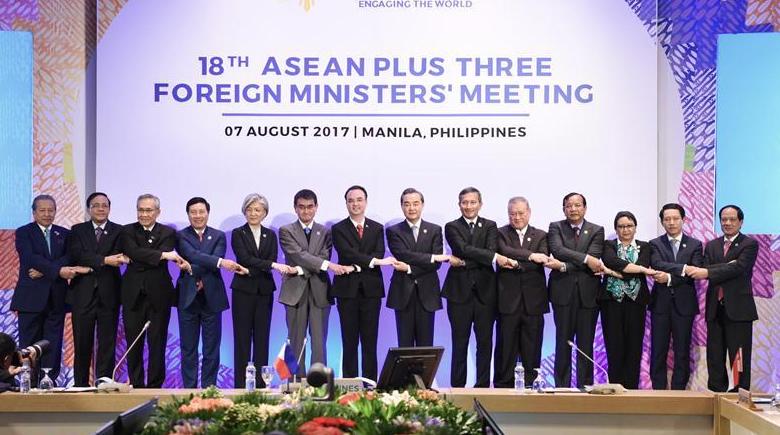
Curtis S. Chin, Former U.S. Ambassador to Asian Development Bank
Sep 08, 2017
Garnering much less attention from the ASEAN summit was the single paragraph that “noted Timor-Leste’s application for ASEAN membership and looked forward to the continued discussion” about reports and capacity building regarding that small Southeast Asian island nation’s longstanding efforts to join the regional bloc. This newest of Asian nations – having regained independence from Indonesia in 2002 – deserves ASEAN, U.S. and Chinese investment and support for its efforts to further integrate and engage with the wider region.
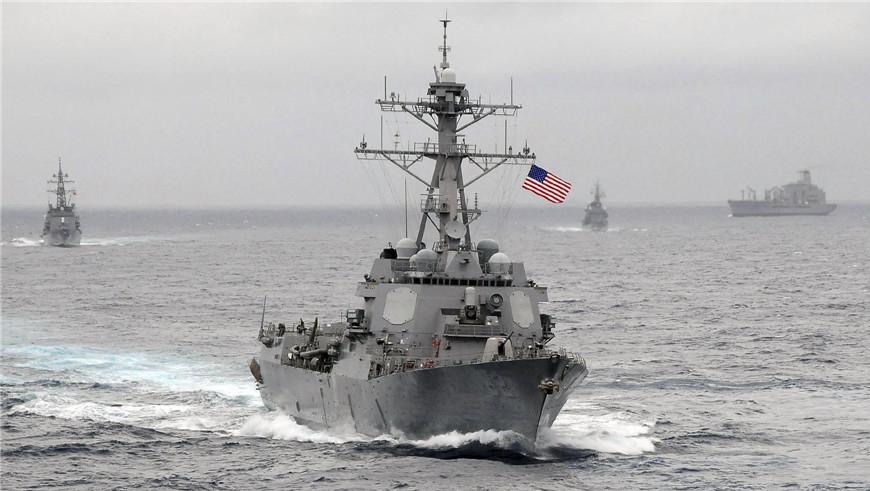
Luo Liang, Assistant Research Fellow, National Institute for South China Sea Studies
Aug 28, 2017
Trump has proven tougher on the South China Sea than his predecessor. So long as China plays its cards right, though, it doesn’t really matter what he does.
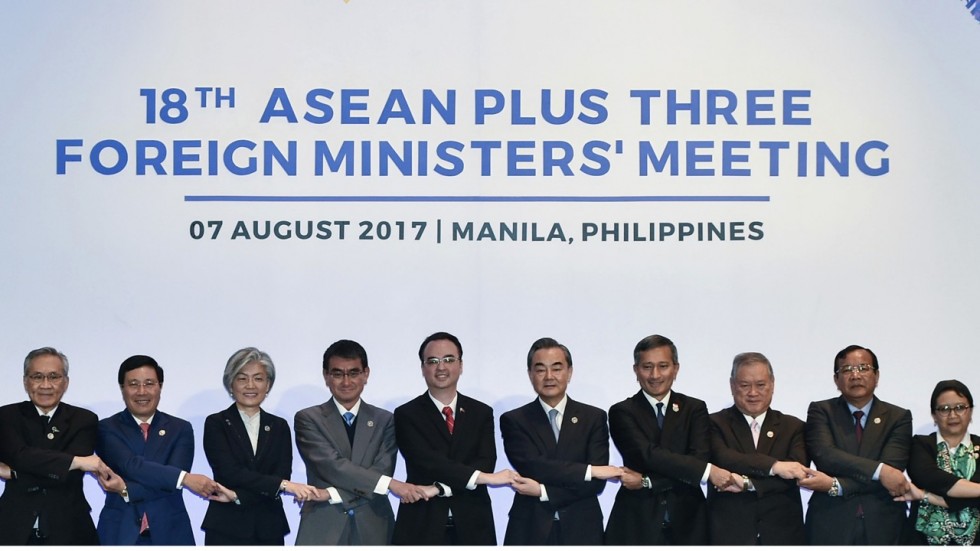
Zhu Feng, Dean of School of International Studies, Nanjing University
Aug 25, 2017
Although the signing of the framework of the Code of Conduct is only a small step forward, it’s actually of great significance for China-ASEAN relations.
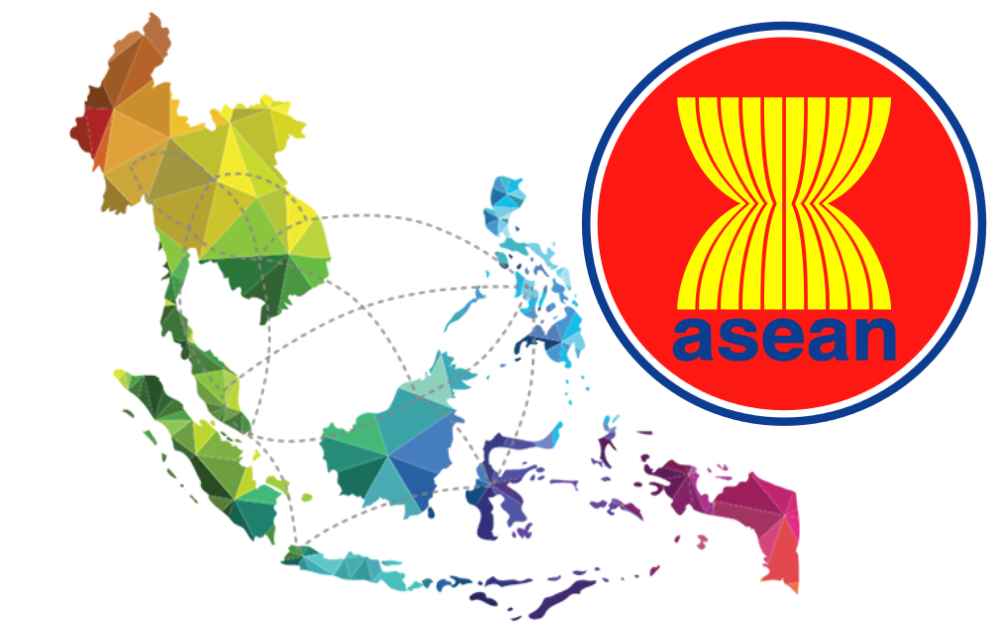
Lucio Blanco Pitlo III, President of Philippine Association for Chinese Studies, and Research Fellow at Asia-Pacific Pathways to Progress Foundation
Aug 22, 2017
ASEAN meetings almost always generate expectations of raising the South China Sea (SCS) disputes to the point where the success of the meeting boils down to how tough the adopted language is in the final official statements. Considering the breadth and depth of issues covered by ASEAN in its annual meetings, such reduction is unfortunate and unfair.
Aug 10, 2017
A U.S. Navy destroyer carried out a "freedom of navigation operation" on Thursday, coming within 12 nautical miles of an artificial island built up by China in the South China Sea.
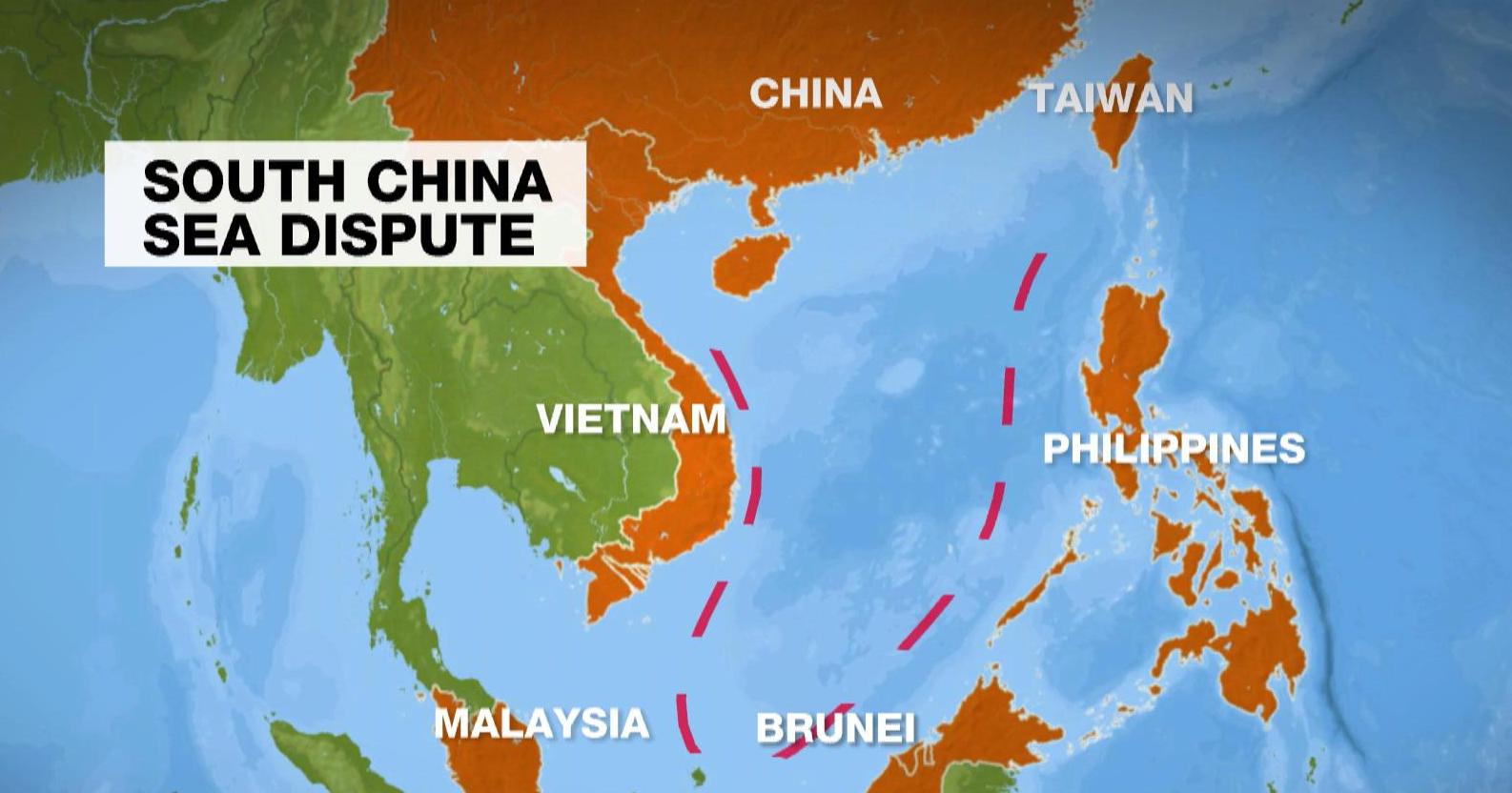
Xue Li, Senior Fellow, Chinese Academy of Social Sciences
Aug 09, 2017
The United States has revamped its maritime response to Chinese policy in the South China Sea, conducting its first Freedom of Navigation Operation (FONOP) since President Trump took office. While China cannot allow this action to go unchecked, it should consider its larger global and regional power objectives before determining its response.
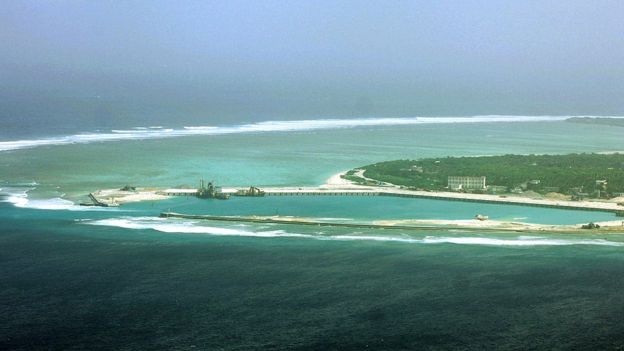
Richard Javad Heydarian, Professorial Chairholder in Geopolitics, Polytechnic University of the Philippines
Aug 09, 2017
China claims sovereignty over almost the entirety of the South China Sea, while consistently rejecting The Hague ruling. Thus, the only way for a JDA to push through is if Duterte managed to amend the Philippine constitution, largely ignore his country’s arbitration award victory, and overcome deep-seated public antipathy towards resource-sharing agreements with China. This will be an uphill battle with a lot of potential hiccups along the way.
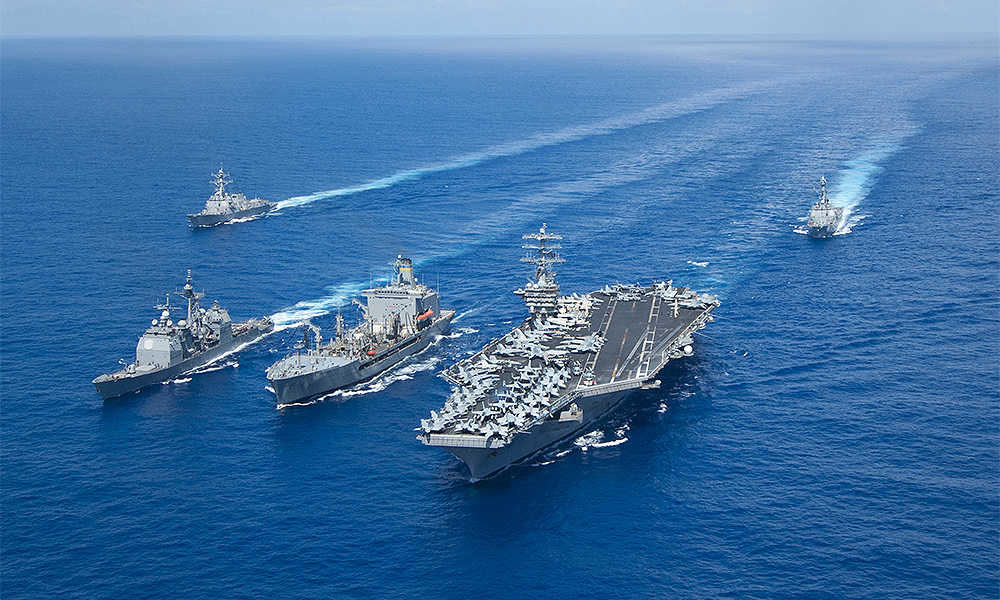
Richard Javad Heydarian, Professorial Chairholder in Geopolitics, Polytechnic University of the Philippines
Jul 14, 2017
Despite the ruling of the South China Sea arbitration case, the Chinese continue to use the waters in Filipino territory however they please. The Duterte Administration downplayed the ruling in order to try and strengthen economic and strategic ties with China, and the Philippines are paying for it.
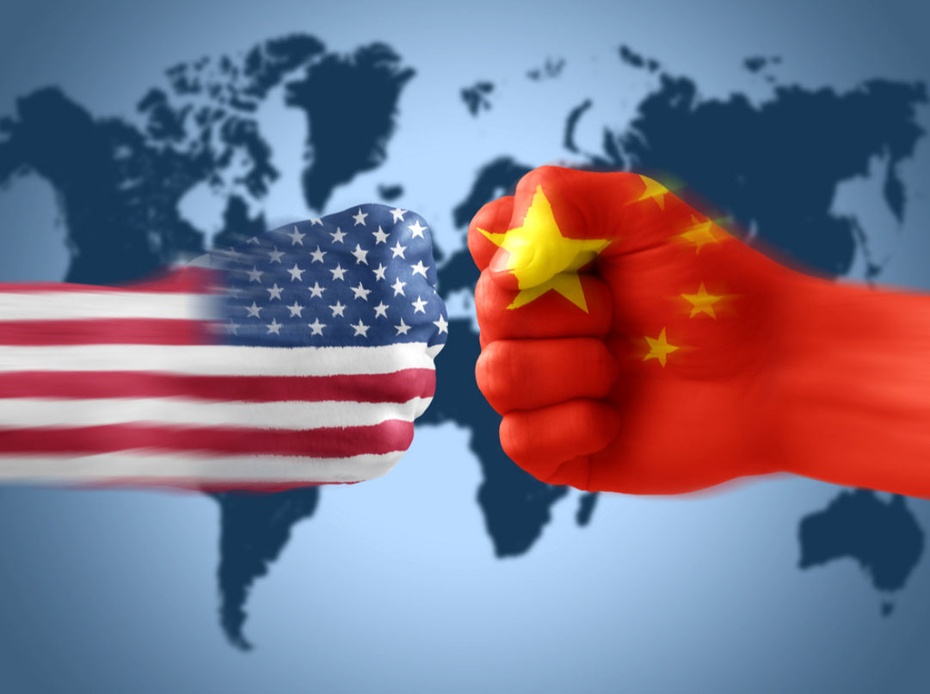
Zheng Yu, Professor, Chinese Academy of Social Sciences
Jul 12, 2017
it seems that the tough approach on the South China Sea was more a campaign strategy than a policy plan. Like previous administrations, the Trump team sees armed conflict between China and the US as a losing proposition for all sides, and issues of economy, trade and the South China Sea better managed by cooperation than confrontation.
Back to Top

- China-US Focus builds trust and understanding between the U.S. and China through open dialogue among thought leaders.
- Our Offerings
- Topics
- Videos
- Podcasts
- Columnists
- Research Reports
- Focus Digest
- Stay Connected
-
Thanks for signing up!
- Get the latest stories from China-US Focus weekly.